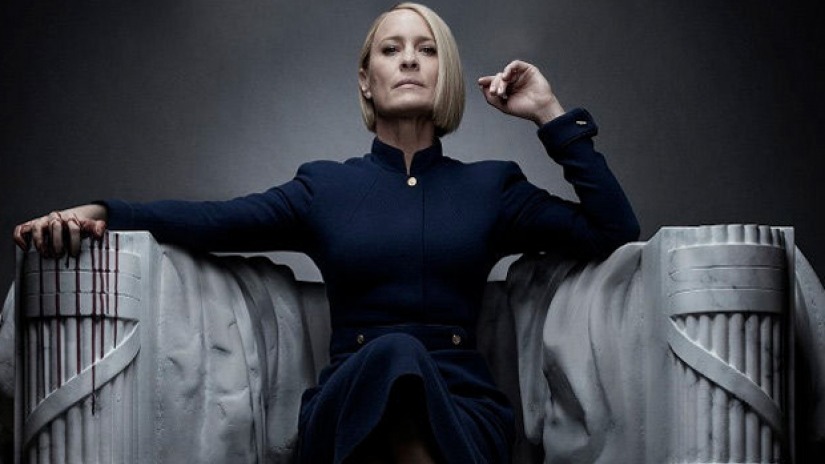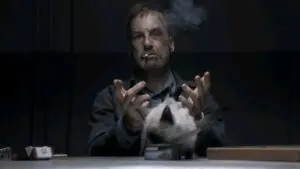Despite being made available almost two weeks ago now, there appears to still be quite a bit of chatter regarding the sixth and final season of Netflix’s flagship program House of Cards. When news first came out that Season 6 would have a reduced episode count and proceed without Kevin Spacey in the key role as former President Frank Underwood, many longtime fans were rightfully concerned about the quality of the show dipping. While it would be a mischaracterization to say that critics are head over heels for the latest season, they have collectively been more inclined to praise the merits of it, with the Metacritic score and Rotten Tomatoes score seeing an improvement from last year.
Audience and user scores tell a different story, however, as it has a horrid 27% audience rating on Rotten Tomatoes and a jarring 4.4 average user score for Season 6 of the political drama (with the finale having the lowest score of the show to date with a 3.1). For reference, every prior season of House of Cards has earned an audience score that has closely mirrored the critical reaction, which raises the question of why is there such a huge gap? Here are the 5 biggest reasons why House of Cards Season 6 is crumbling for audiences (SPOILER ALERT).
1. Overwhelming Attachment to Frank Underwood
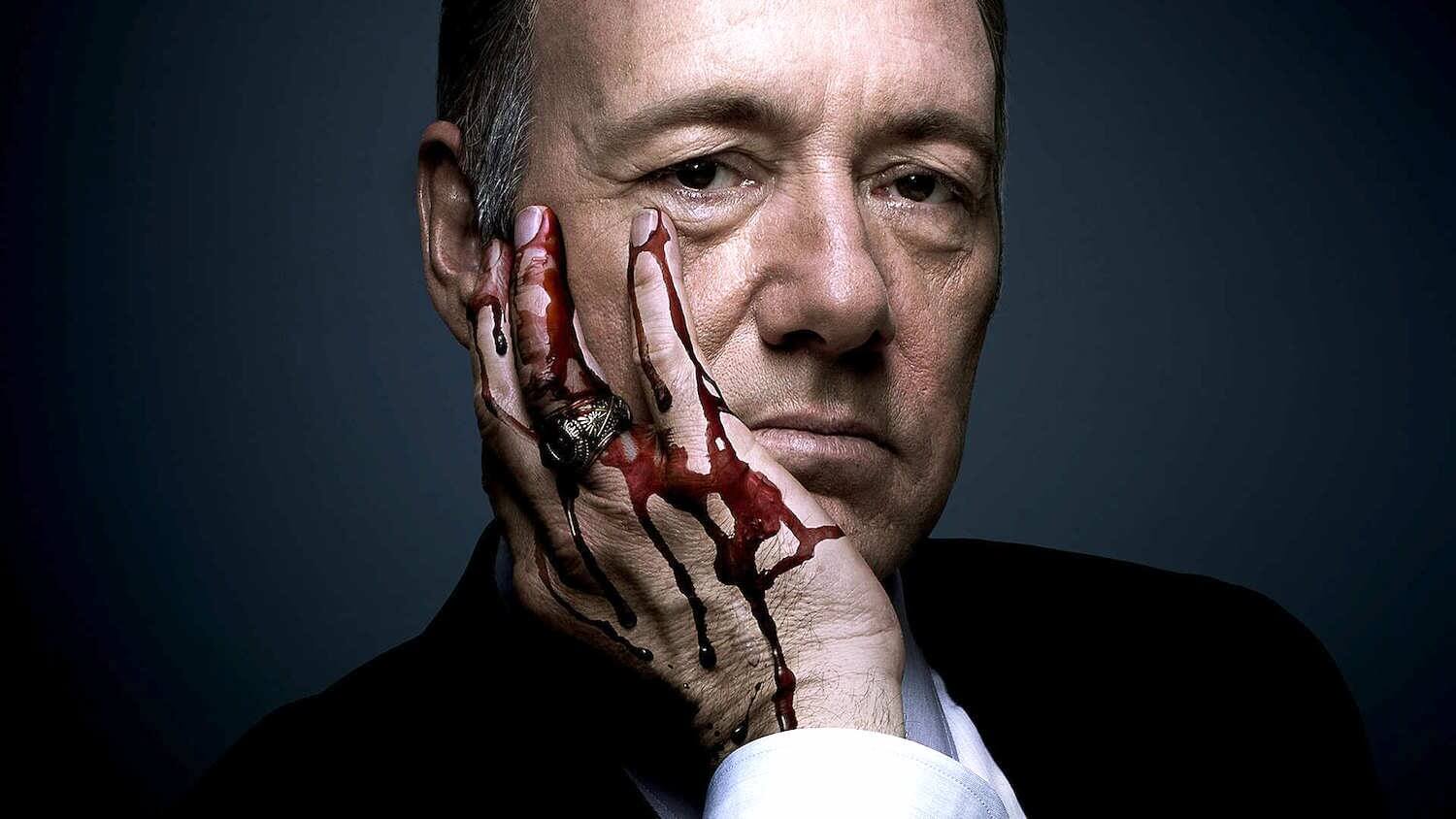
When talking with diehard fans of House of Cards, most in the past would have likely gushed over Spacey’s Emmy award-winning performance as the Machiavellian political climber. Despite being a character with seemingly no moral compass, viewers were often reluctantly rooting for Frank to prevail and finding the depths he was willing to go to intoxicating and shocking. While Robin Wright’s Emmy award-winning turn as Claire Underwood certainly has her fans, (as is famously apparent from her statistical evidence earning her a pay bump to match Spacey’s) a vocal section of the fanbase had already been displeased with her role increasingly overshadowing Frank’s.
As a result, the news of Frank’s character no longer being present in all likelihood lead to fans writing the show off before it began and not objectively acknowledging Robin Wright’s admirable efforts to make the best of a difficult situation. It also didn’t help that devoted fans of Frank were constantly reminded of his absence thanks to an overwhelming degree of reference to the character’s death this season.
2. Fatigue from Lackluster Season 5
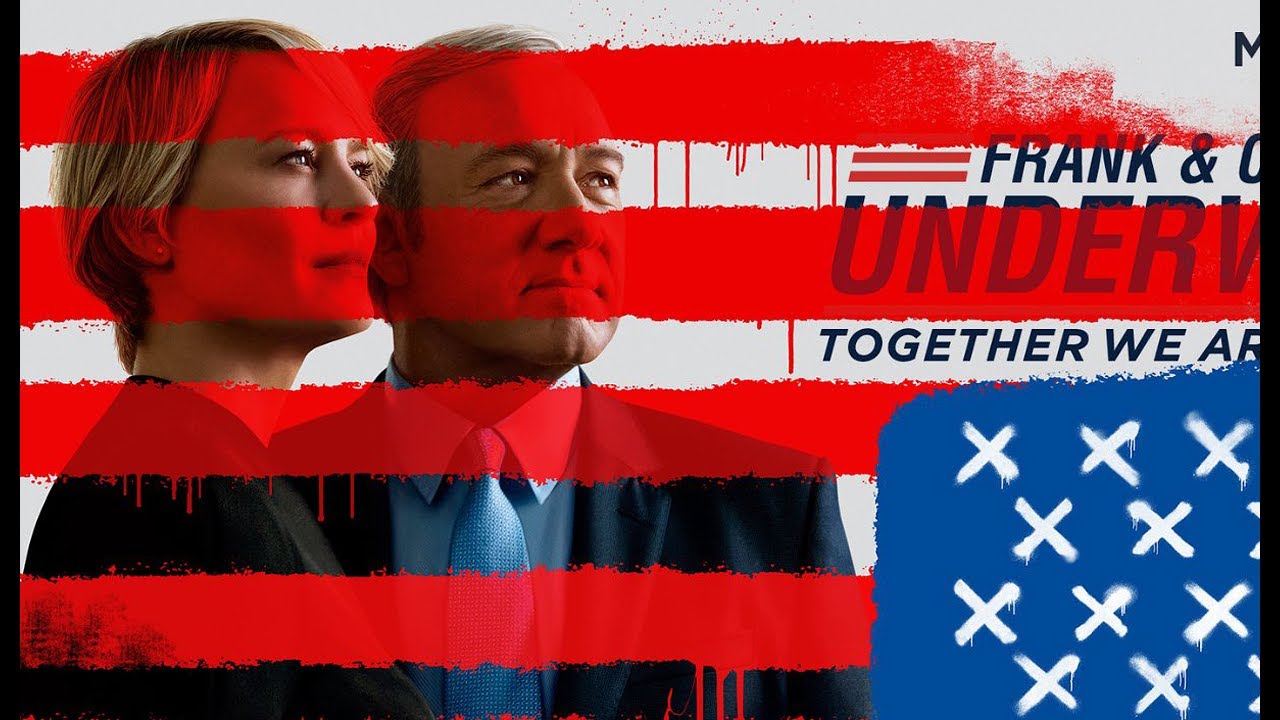
Before Season 6 was released, fans and critics were in clear agreement over the previous season being arguably the weakest. Many believed that after 5 years and 65 episodes, the show had run its course, and Season 5 would have been a fitting point to conclude the series. Instead, that season seemed intent on not settling down and instead ramped up the number of convoluted twists with the Underwoods becoming even more (unrealistically) invulnerable to any repercussion for whatever atrocities they commit. The waning interest in the series may have led many viewers to enter this season (which was already handicapped without one of its lead characters) wanting to hate it before it began.
3. Real Life Politics Upstaging the Show

Speaking of Season 5, it’s no secret that around this time real-life U.S. politics were in a hard-to-believe state with Donald Trump becoming the first non-politician to win the presidency. All politics aside, Republicans, Democrats, and Independents can surely agree that the state of American politics is in a unique position that no one could have predicted. The fact that we are in a climate that routinely sees headlines in which the president and media attack and malign one another in all likelihood stole much of the thunder of a show meant to portray a terrifyingly pessimistic portrait of U.S. politics. The ruthless Underwoods now seem almost mundane compared to what is actually occurring in real life.
4. Misinterpretation of Season 6’s Message
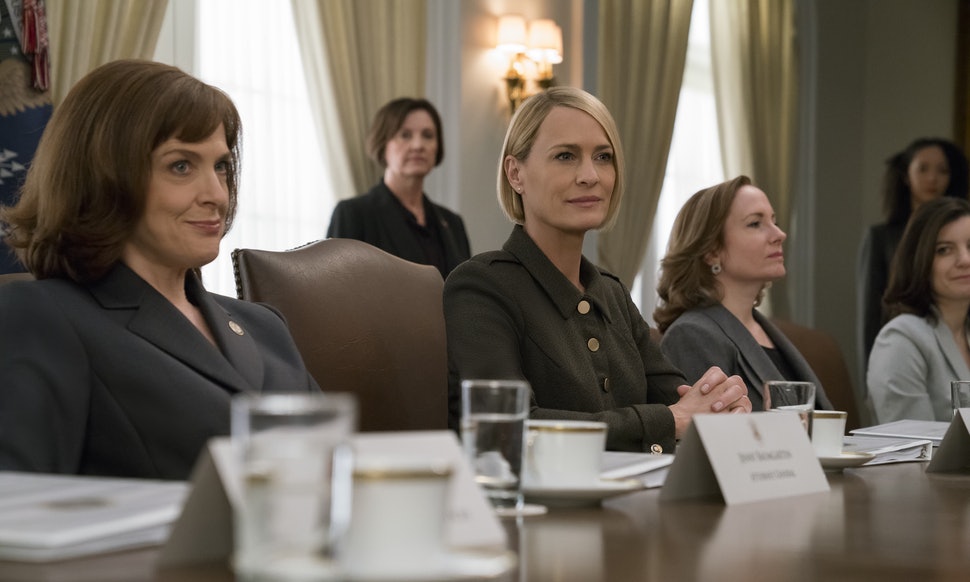
A large portion of Season 6 deals with Claire Underwood’s attempts to retain her power as president of the U.S. and distance herself from her husband’s past misdeeds. In order to do this, Claire uses the strategic tactic of winning favour with the masses through weaponizing radical feminism. While perusing through user reviews reveals that many fans were displeased with the show seeming to adopt an extreme feminist agenda, many fans are missing that these plot developments are meant to reflect and satirize what is currently popular in society. Claire appointing the first ever all-female Cabinet seems like a feminist action, but this is completely undermined when each member is treated as nothing more than pawns for the ruthless president.
What’s more, Claire is a woman who has in the past murdered a romantic partner for knowing too much about her, gone to war with nations to distract from investigations into her husband’s crimes, and even threatened a pregnant female coworker to drop a lawsuit by depriving her of medication necessary to deliver her child. While Claire is written as a strong female character who is just as (if not more) dangerous than her late husband, this is hardly a feminist icon, but more of a satire of political movements and how something with good intentions can be manipulated to suit someone’s selfish needs. This element seems to be going over a lot of viewer’s heads though, and as a result, they are displeased with the storyline.
5. The Ambiguously Abrupt Ending
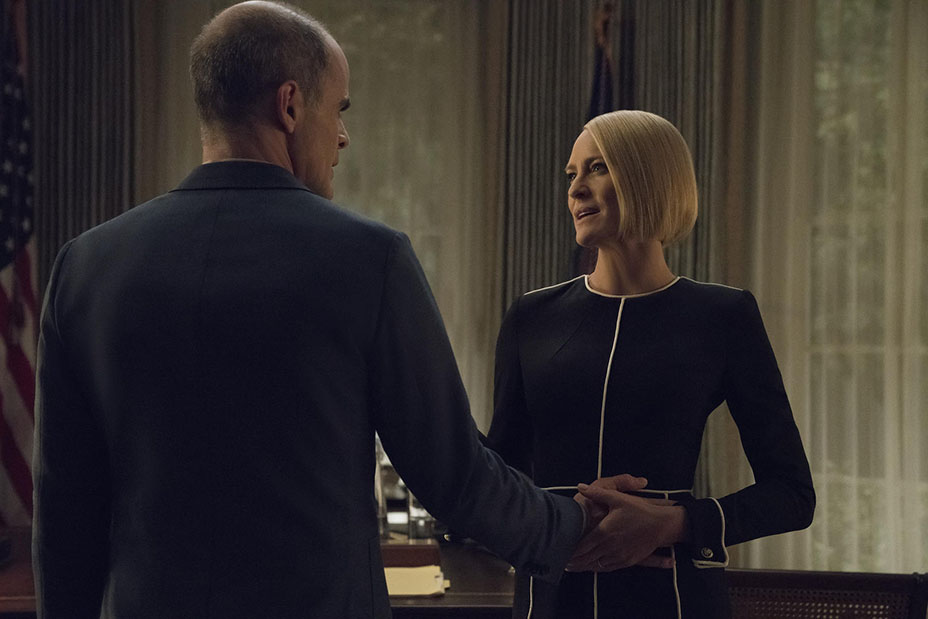
It is notoriously difficult to conclude a TV series in a satisfactory way as years of watching the plot develop leads viewers to each have different expectations for what would constitute a fitting end. Most viewers seem to prefer every loose end tied up in a neat bow, while critics and showrunners often prefer more artistically ambiguous endings, with some such as The Sopranos’ famous cut to black becoming acclaimed over time. House of Cards is yet another drama that can be added to this category, as it (purposely?) leaves numerous plot threads unresolved.
Many viewers (myself included) were content with watching the Underwoods getting away with a multitude of heinous acts with the expectation that the house would eventually crumble, and there would be a form of comeuppance by the finale. With Frank no longer present, Claire remained as the less guilty, but still culpable component of these atrocities, and as such many may have hoped for her to pay for Frank’s sins. Instead of this, we have Claire killing Frank’s reputation and his biggest supporter in the form of his lapdog, Doug Stamper, by the finale. While this angle is understandable as the original plan was most likely for Claire to be the one to end Frank’s reign, the concept of killing his memory was possibly too abstract for many viewers. As a result, the ending lacked the cathartic justice many fans were holding out for as killing the memory of a man is far less impactful than literally killing the man.
Conclusion
Overall, despite Season 6 doing an adequate job of crafting a compelling storyline, with Robin Wright in particular leading the drama exceptionally well, it is understandable why fans were displeased upon finishing the final 8 episodes. It is possible that with time, much like The Sopranos, this less concrete conclusion will be met with more warmth. However, this reaction makes it clear that general audiences are a lot less forgiving about production issues a series may have to contend with than critics. After 6 years of time and money invested into a series, they expect to have a satisfying conclusion and will decry a series if it provides anything less than that.

